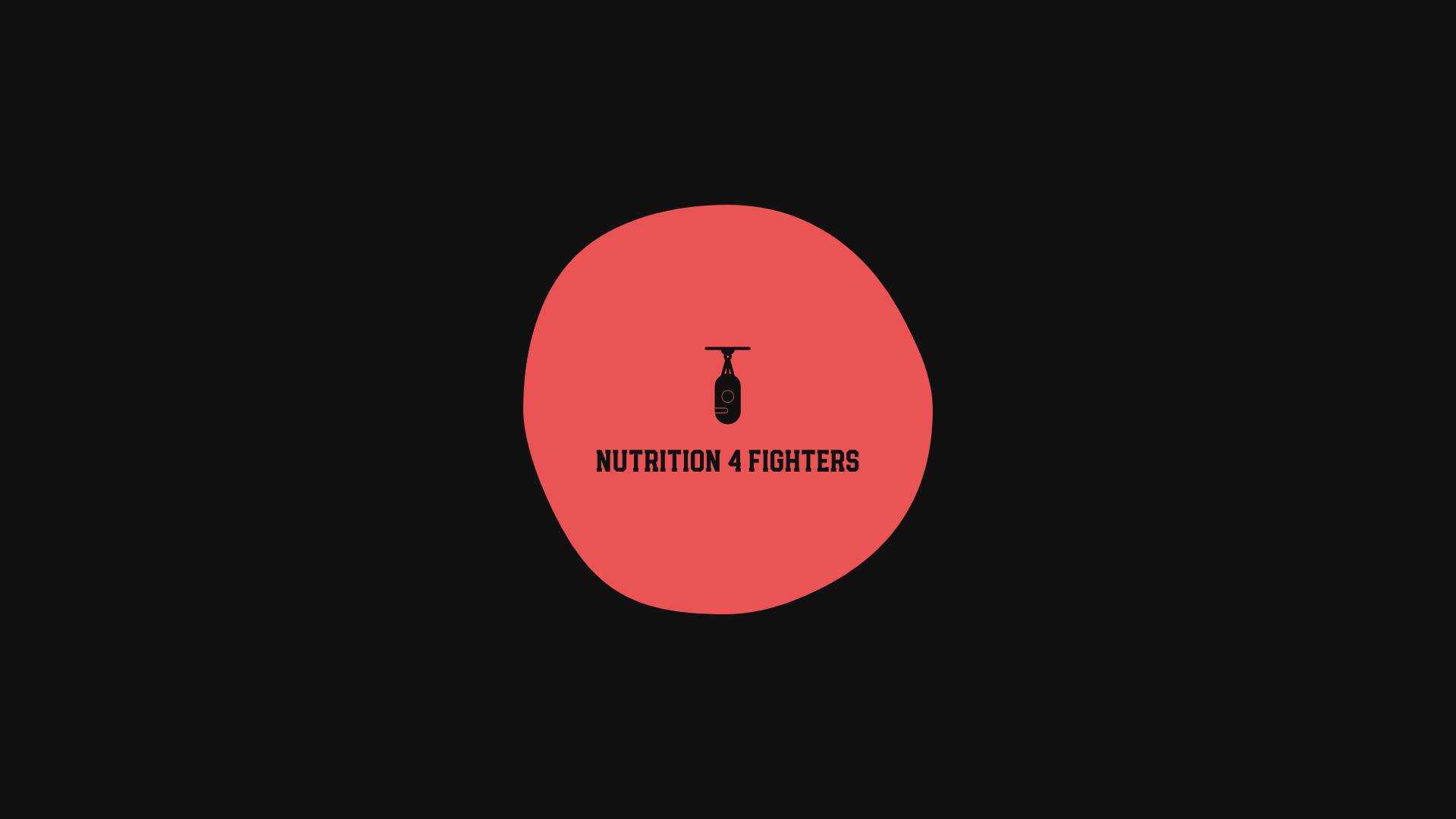Welcome back! Today’s post is looking at how athletes can best calculate their protein intake to both repair and build muscle. This process is called Muscle Protein Synthesis, (MPS).
Although your intake of protein is essential to fully maximise muscle growth, there are other important factors to consider. Firstly and most importantly, although you may well preserve your current muscle mass with the right intake of protein, don’t expect to add to it without doing the required training!
You won’t stimulate new muscle growth without a stimulus. The primary stimulus is of course resistance exercise. Even for athletes who don’t wish to build excessive hypertrophy, (‘bulk’), having a better muscle to fat ratio is a far preferable situation for everything from sport performance to injury prevention.
Protein Quality
The quality of your protein is important even though many foods will contain some proportion of protein within them. However, to build muscle you need to have food sources that contain the 9 Essential Amino Acids, (EAAs), that your body can’t produce by itself. In particular, food sources that contain a high concentration of the branch chain amino acid, (BCAA), leucine have been seen to achieve the best results.
Food choices that include the 9 EAAs and are high in leucine include;
- Poultry
- Fish
- Beef
- Pork
- Whey protein
- Dairy products
Meal Planning
Ok, so now you know the why and the what, here’s the how. So this is the basic strategy to figure out how you can calculate how much protein containing foods to include in your meals. If we break it down MPS is maximally stimulated at 0.3g of protein per kg of body weight, (bw), per meal.
An ideal strategy is to include four feeding portions of 0.3g/kg bw and one of 0.6g/kg bw before you go to bed. A pre bed higher dose of protein may be needed due to the duration you are sleeping without any nutritional input. Athletes should be sleeping a minimum of 8 hours with a dose of 0.6g/kg bw leading to a favourable increase in MPS during that rest time.
So for example, a 70kg athlete may take a serving of 0.3g of protein per meal for 4 separate servings but then for their 5th serving before bed, take 0.6g of protein. This would equate to them ingesting 1.8g of protein per kg of body weight per day.
Older Athletes
A greater intake of protein may well be essential for older athletes. This is particularly for over 50s when a process called anabolic resistance begins to set in. This makes muscle less sensitive to protein intake. Therefore older athletes should shoot for 0.4g/kg of bw to maximise MPS.
Although not quite so important for recreational athletes and indeed recreational drinkers, but be mindful that alcohol has been seen to inhibit MPS. Therefore if gaining size is your goal, limit the boozing as much as you can.
Further Considerations
Quite a lot has been made about meal timing and especially protein timing. Minimal evidence exists however that protein timing is essential for muscle growth.
After exercise the muscle is sensitised to protein intake for up to 72 hours. While it may do no harm and even have some benefits such as muscle soreness management, it is not essential for muscle growth.
However, at the elite end of sport, the 1%s can make the difference. There is good evidence that 4 doses of 20g of whey protein was mildly superior to one bolus dose of 80g. It is also clearly an easier option to digest!
Thanks for reading, please hit me up with any questions or queries!


Highly informative. Thank for all of these well written posts. Tim
LikeLike
Nice one Tim, my pleasure and much appreciate the love. Hope you’ve had a great festive holiday!
LikeLike